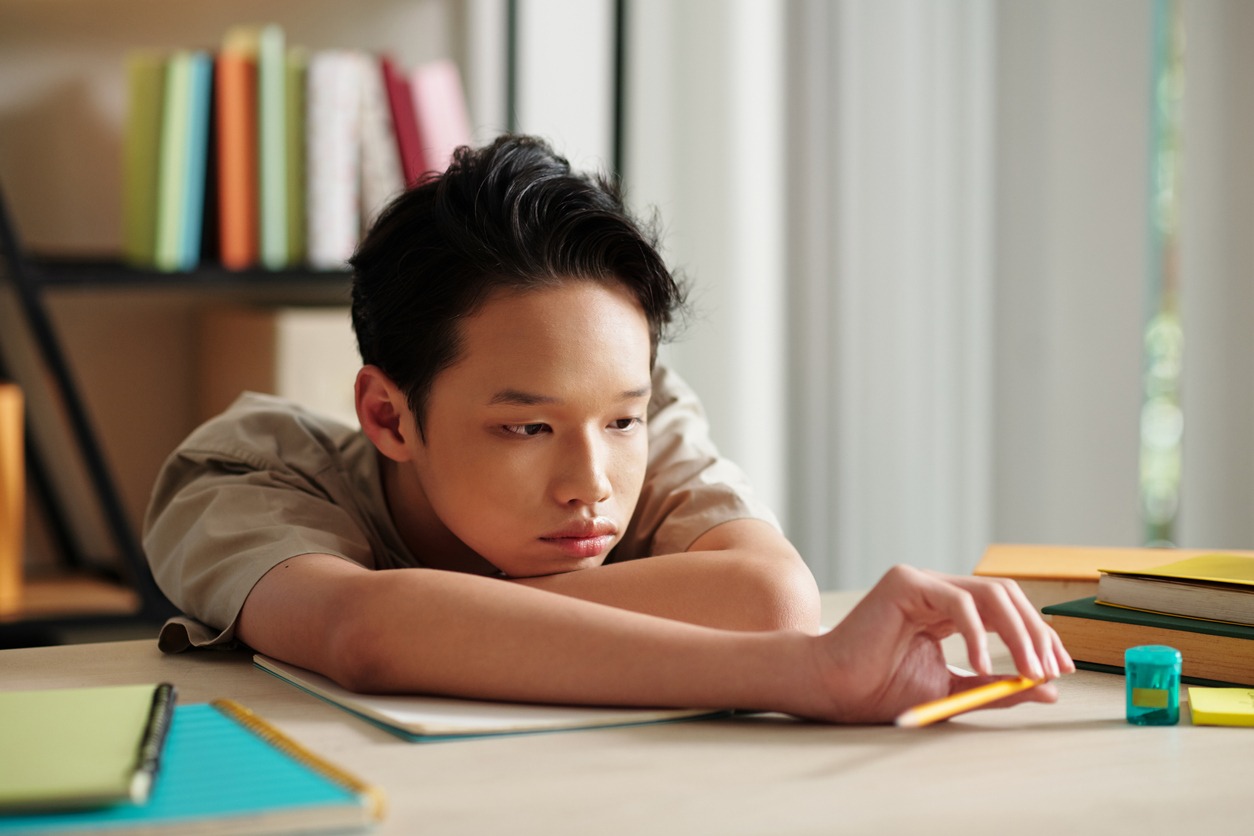In recent years, the concept of unschooling has become increasingly popular amongst parents looking for an alternative to the traditional school system. But what is unschooling and how does it work? Is it right for your family? In this article we will look at what unschooling is and some of the pros and cons associated with it so you can make an informed decision about whether it’s right for you.
What is Unschooling?
Unschooling is an alternative approach to education that moves away from the traditional school system. Instead of following a set curriculum, unschoolers construct their own learning experiences often based on their personal interests and goals.
By allowing natural curiosity and interests to guide the learning process, children gain confidence in their own abilities to explore different topics, ask questions, and fill any knowledge gaps as needed. Unschooling promotes a whole-child approach to learning which can empower kids with essential skills to become innovative problem solvers in our ever-changing world through pursuing their own passions
Due to its independent nature, unschoolers do not have homework or take tests. Instead, they are free to pursue whatever interests them without fear of failure or judgment from others. This freedom can be both liberating and intimidating depending on your child’s personality type. It’s important to discuss these feelings with your child before deciding on a course of action.
Pros of Unschooling
Unschooling is an exciting and unique educational approach which has become increasingly popular over the last few years. This method allows students to take control of their own learning by dictating what they want to learn, when they want to learn it, and how they want to learn it.
One of the biggest pros of unschooling is that each learner can pursue their interests and passions at their own pace, resulting in more engaging learning experiences. By giving learners the freedom to explore topics on their own terms, unschoolers gain invaluable skills in reasoning, problem-solving, and self-learning – helping them to become well-rounded thinkers for a successful future.
Additionally, with less time wasted on traditional classroom instruction and tests, learners have extra time available for pursuing hobbies or doing extra research as part of their curriculum. Students typically have more time available for outside activities, play, family enrichment activities, and other things that meet their interests. Ultimately, unschooling provides a great opportunity for learners to have more freedom over their education than ever before.
Cons of Unschooling
The downside is that due to its lack of structure, many parents worry about whether or not their child will actually learn anything through unschooling. Additionally, since there is no formal assessment process in place, it can be difficult for parents to measure progress if they feel like they need concrete data points in order to evaluate success or failure.
Lastly, since unschoolers are typically learning outside of a classroom setting, they may miss out on important social development opportunities that come with being part of a group dynamic such as team sports or extracurricular activities offered by schools.
Unschooling can be a great option for families looking for an alternative way for their children to learn but it’s important that parents understand all aspects before deciding if it’s right for them and their family dynamics. Research the different types of unschooling available and talk with other families who have tried this approach in order get more information and make an informed decision about whether this type of education could work for your family. Doing so will ensure that everyone involved understands what’s expected from them before committing fully down this path so you can make sure your children get the best possible education available!

